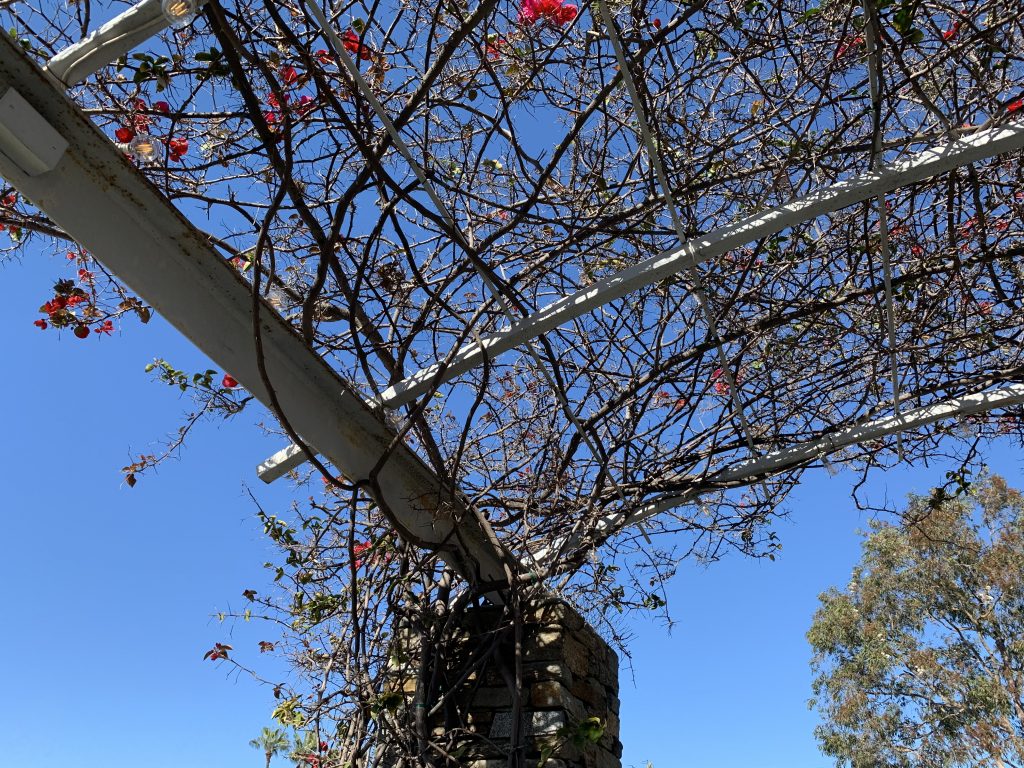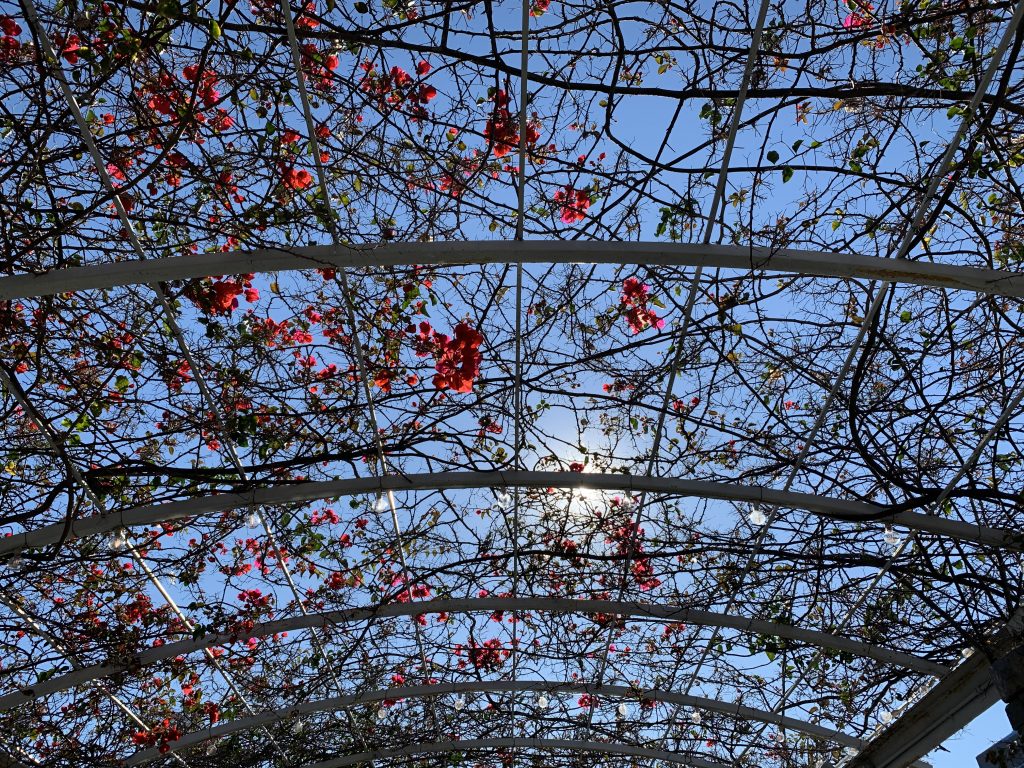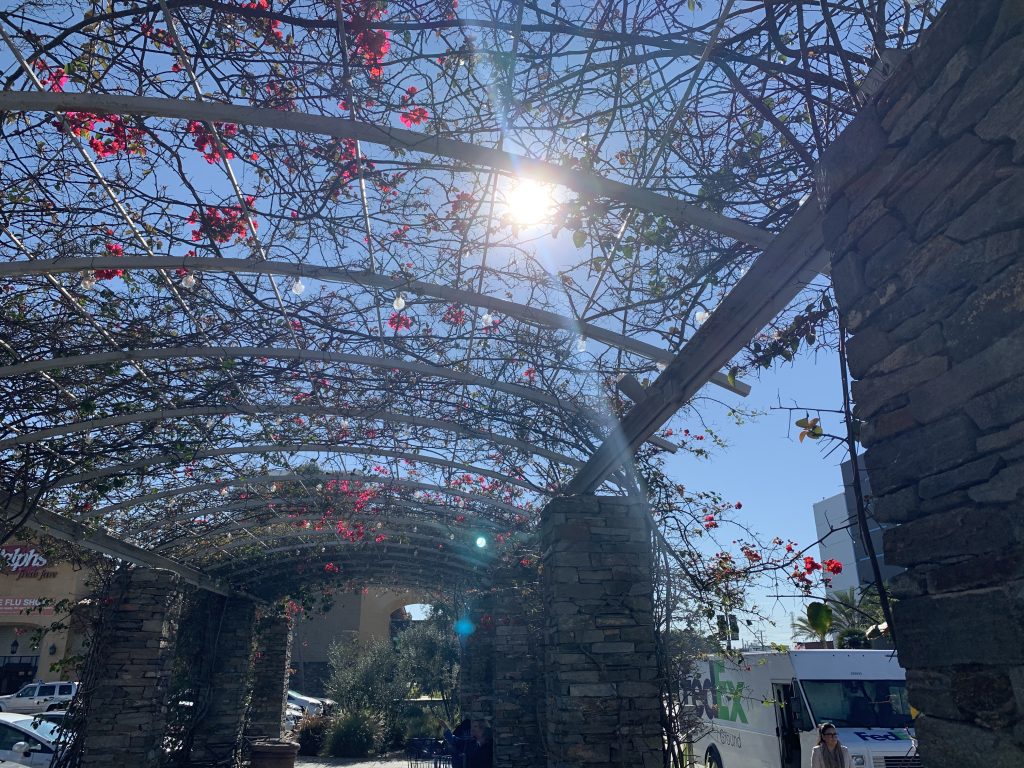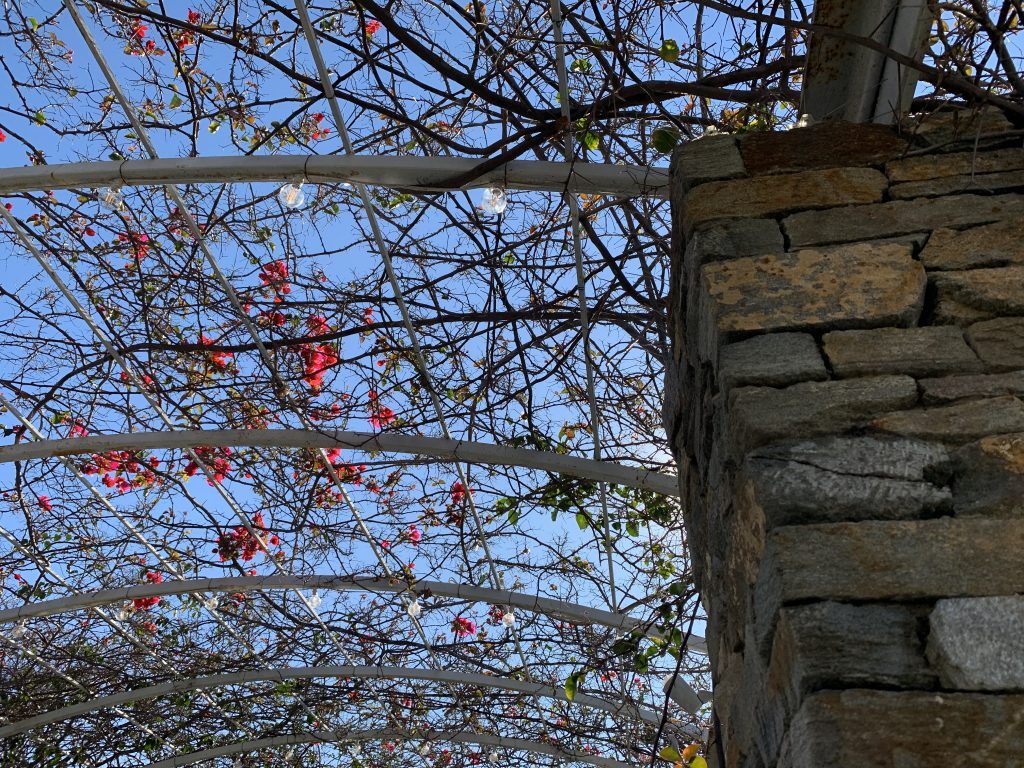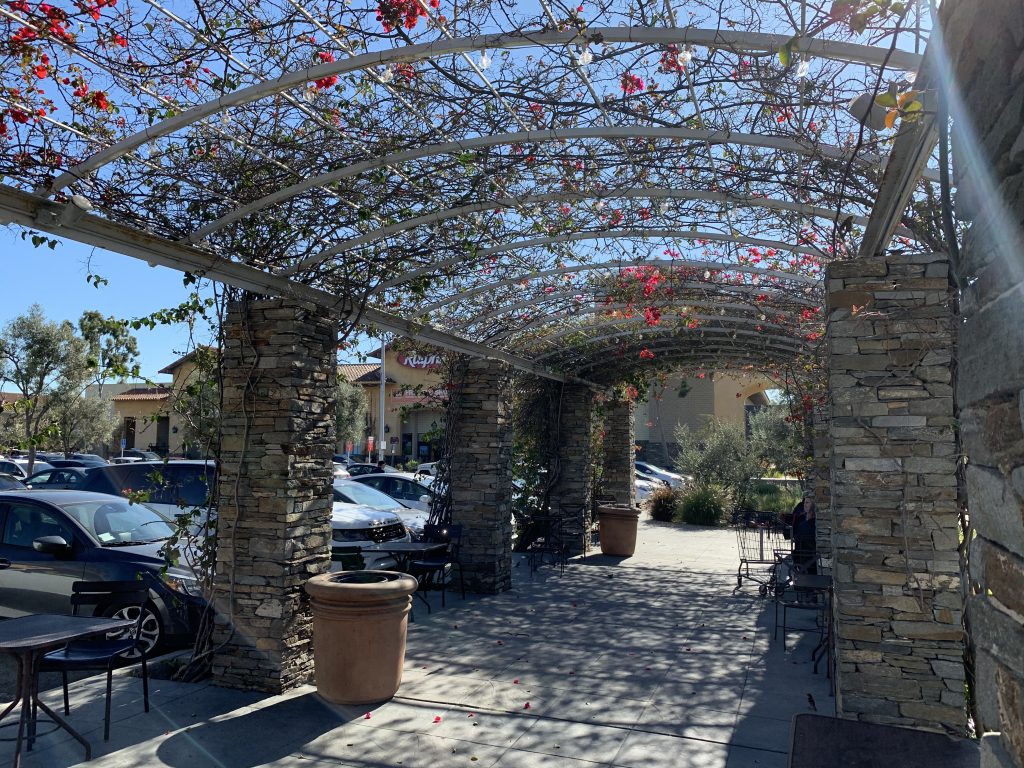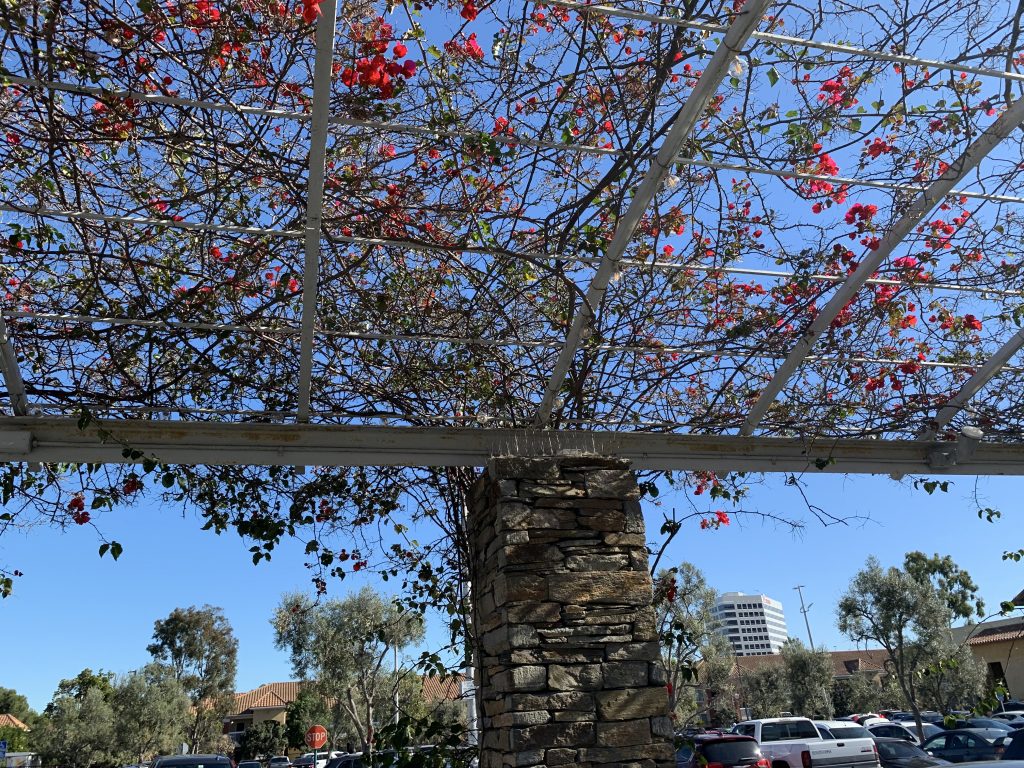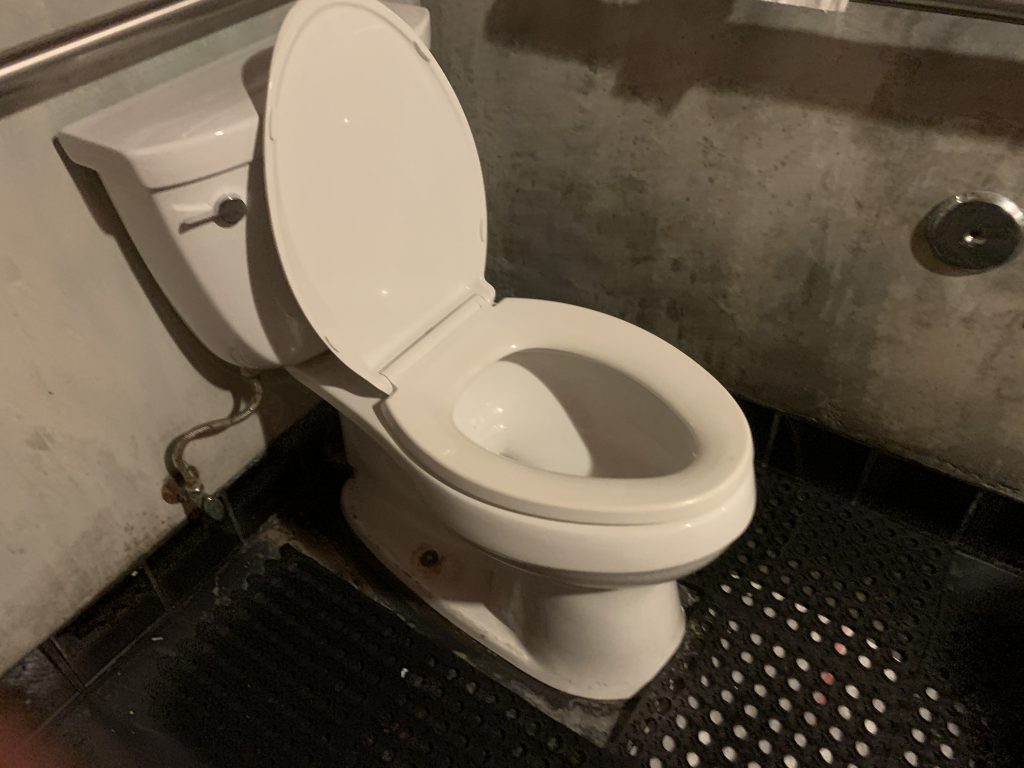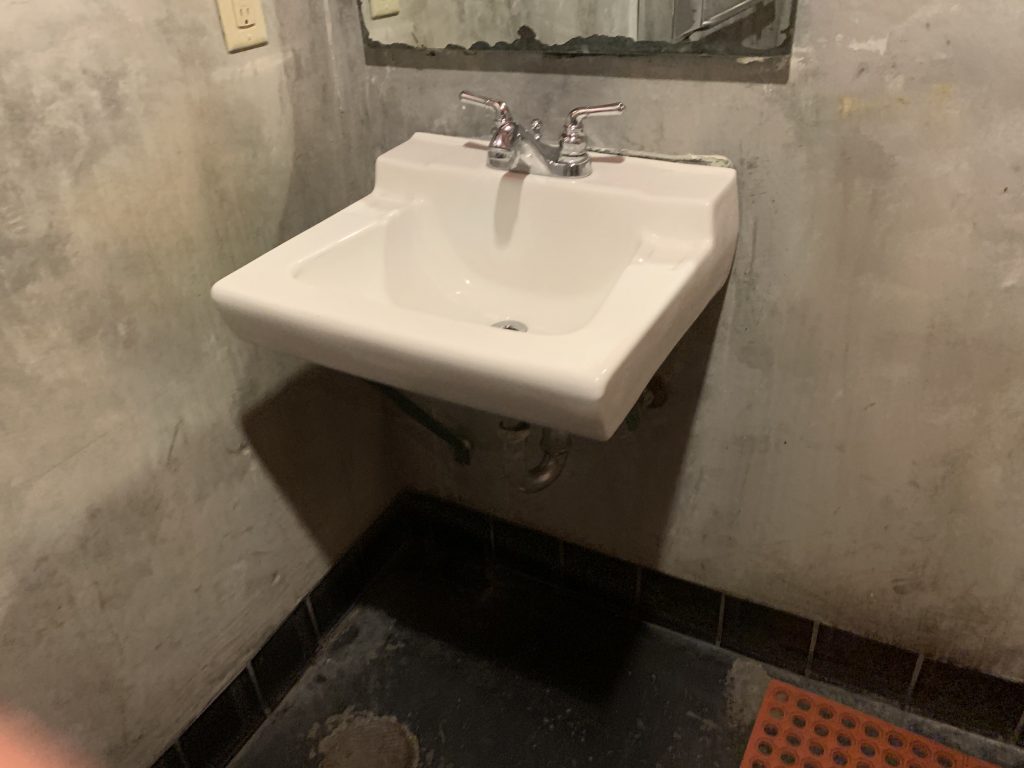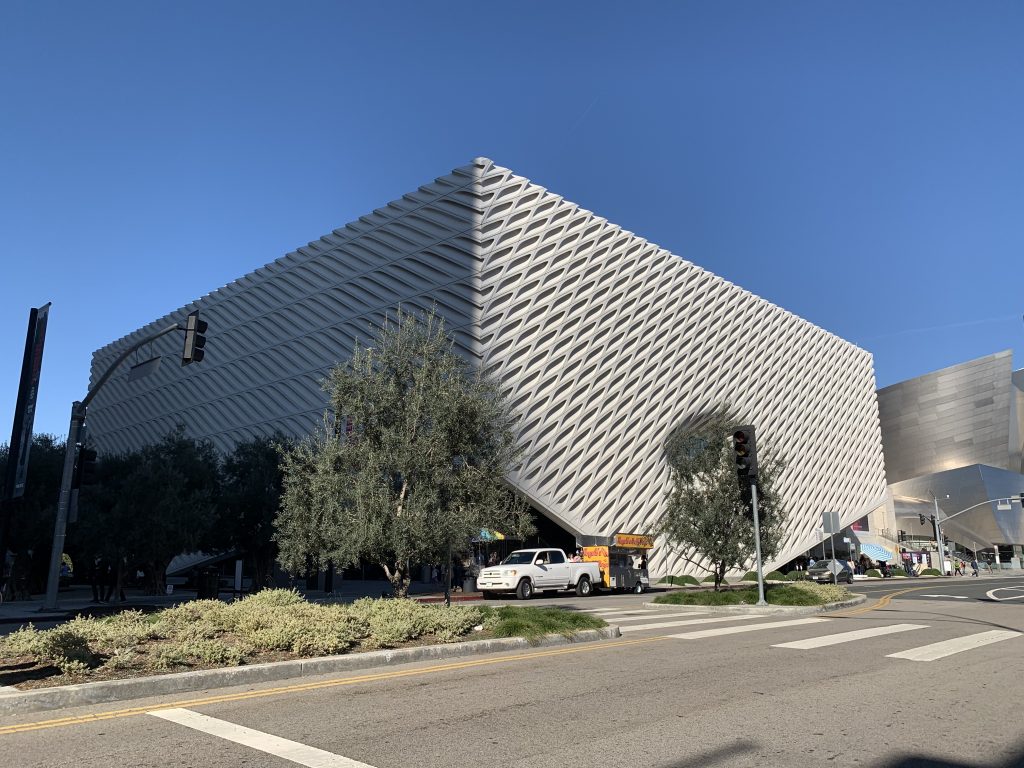NOW HIRING IRRIGATION TECHNICIANS
NOW HIRING IRRIGATION TECHNICIANS
Jacksonville Duval County 904-346-1266
St Augustine St Johns County 904-824-7144
Orange Park Clay County 904-264-6444
Jacksonville Beaches Duval County 904-246-3969
Fernandina Nassau County 904-277-3040
Macclenny Baker County 904-259-5091
Palm Coast Flagler County 386-439-5290
Daytona Volusia County 386-253-4911
Serving all of Florida and Georgia at 904-346-1266
EMAIL LARRY@1STPROP.COM (feel free to email your bidding packages here)
STATE CERTIFIED PLUMBING AND IRRIGATION CONTRACTOR
LICENSE NUMBER CFCO56659
NOW HIRING
apply for a job online at www.asapapply.com
To get a FREE ESTIMATE CALL 904-993-3433
OR CLICK BELOW AND PLACE A WORK ORDER
IN OUR AUTOMATED WORK ORDER SYSTEM
http://www.asap-plumbing.com/Submit_a_New_Work_Order/submit_a_new_work_order.php
Serving the entire Jacksonville area including the following communities:
What can go Wrong with Your Sprinkler System
Irrigation systems are notoriously finicky and difficult to manage. From homeowner lawns to giant commercial irrigation systems, any number of things can happen that will derail the operation and necessitate irrigation system repair.
Potential Problems
- Popup spray heads cease to pop up
- Rotary spray heads cease to rotate
- Nozzles and small tubing clogs with dirt or other debris
- Spray heads are run over with the lawnmower or kicked
- A power failure re-sets the system incorrectly
- A contractor cuts through a pipe
- Spray heads spring leaks
- Tubing becomes kinked
- Valves leak
- Filter screens become clogged
FOR MORTGAGE COMPANIES WE CAN INSPECT ALL PHASES OF WORKMANSHIP AND QUALITY CONTROL
FREE ESTIMATES, LICENSED AND INSURED.
We accept all major credit cards. Visa, Mastercard, Discover and American Express.
We service the following areas of northeast Florida: Jacksonville, Jacksonville Beach, Atlantic Beach, Neptune Beach, Ponte Vedra Beach, Fernandina, Amelia Island, Callahan, Yulee, Hillard, Macclenny, St George, St Marys, Kingsland, Orange Park, Middleburg, Green Cove Springs, Penny Farms, St Augustine, Hastings, Palatka, Keystone Heights, Starke, Lake City, Waldo, Baldwin, St Augustine Beach, Crescent Beach, Palm Coast, Daytona, Holly Hill, Titusville, Daytona Shores, Ormond Beach, Bunnell, Deland, Orange City, Port Orange, Orlando, New Smyrna Beach, Sanford, Palm Valley, Fruitcove, Mandarin, Lawtey, St. Augustine Beach, Switzerland, Vilano Beach, Marineland, Flagler Beach, Beverly Beach, Sanderson, and Glen St. Mary.
Irrigation repairs
New irrigation systems
Zone valve installation, location, and repair
Timer boxes
Rainbird irrigation systems
Toro irrigation systems
Sprinkler head repairs
New construction, industrial, commercial, residential
all phases of irrigation repairs
Backflow testing and certification
pipe repairs
water leaks
large water bill analysis
pump repairs
jet pump repairs
shallow well installations
water meter replacement or new installation
water pumps
well pumps
wells
pipe
winterizing
supply
systems
drip irrigation systems
winterization policy and follow up
sprinkler systems
farm irrigation systems
parts
insulation
troubleshooting your irrigation system
inpection and maintenance contracts
monthly inspection services
pumps
valves
controls
controllers
zone valves
- Irrigation System Repair
- Sprinkler Repair
- Irrigation InstallationGrowing and maintaining a beautiful lawn in Jacksonville requires a well-tuned irrigation or sprinkler system. Without one, you will spend hours each week dragging a hose around the yard. If you have a sprinkler system, but it is old or in need of repair, you will waste water and money, and still have a dried up or patchy yard. To maintain a pretty green lawn, you need a good irrigation system, in working order, and a top-notch maintenance company to call when trouble hits.
-
Rain Sensor Port and Sensor Switch
Rain sensor port allows easy connection to a rain sensor with no wire splicing. Rain sensor switch allows the user to manually turn the rain sensor connection to the timer on or off when desired.
- Decrease watering schedule during cool months and increase it during hot months without having to reprogram.
-
365 Day Calendar
Water on specific days of the week, odd or even days, or day interval, with day exclusion to meet water restrictions.
- Battery back-up stores programming. (9-Volt battery needed)
-
Wired Rain Sensor
Conserves water by interrupting sprinklers during rain. Adjustable from 1/8″ to 1″ of rainfall.
-
Wireless Rain Sensor
Conserves water by interrupting sprinklers during rain. Adjustable from 1/8″ to 1″ of rainfall. No wire required to communicate between the sensor and the controller, up to 300′ range.
- FLOOD BUBBLER
-
Removable Filter Screen
for easy maintenance.
-
Fully Adjustable
from off to 2 GPM and 0 – 2′ radius.
-
Matched Precipitation Rate Nozzles
allow mixing different radius nozzles without over/under watering. Color-coded by radius.
-
WATER WELL FLOW TEST PROCEDURE
General
This procedure will allow you to test the actual flow rate from an existing water well and pump system. It will be specific
for the water well and pump that are in place. It will not tell you if the water well is capable of supplying more water than
the pump in place is able to deliver.
Purpose
To determine the maximum, consistent flow rate a well/pump system can deliver at a given pressure over an extended
period of time.
Equipment Required
You will need the following equipment at hand and/or installed on the water well piping in order to do this test.
1. A pressure gauge registering in PSI (pounds per square inch) installed on the well discharge
piping.
2. At least one valve on the well discharge piping for varying the flow rate. This can be a gate valve
or water faucet(s). It is more convenient, but not necessary, if they are located near the well.
3. A container of known volume (5 gallon bucket, 30 gallon garbage can, etc.) for capturing the
flow.
4. Hose and/or piping to divert flow from valve on the discharge piping into the container.
5. A stop-watch or watch with second hand for timing the flow.
Running The Test
To complete the test do the following:
1. Turn the well on and allow it to run for at least thirty (30) minutes. (This will cause the water level in the
well to drop to a level it will normally have during sustained, continuous pumping.) As it runs, adjust the
valve(s) to maintain the highest desired pressure you need for your irrigation system design. For most
lawn sprinkler or orchard irrigation systems this should be 50 PSI. If you have a well with a pressure
switch, the test
to 60 PSI.
and off.
must be performed within the pressure settings of the switch. Usually 30 to 50 PSI or 40The pump must run continuously throughout the test and cannot be allowed to turn on
2. At the end of thirty minutes, be sure the pressure has stabilized at the desired test pressure by adjusting
the valve(s). Then divert the flow, using the hose or piping, into the container. Time the exact time in
seconds it takes to fill the container. Repeat this filling/timing process two more times to be sure the
results are the same.
3. Calculate the flow rate for the above test by dividing the container volume by the filling time in minutes.
For example, a sample test filled a 5 gallon container in 30 seconds. Thirty seconds divided by sixty
seconds in a minute equals ½ minute. Five gallons divided by ½ minute equals a flow rate of 10 gallons
per minute.
4. You have determined the flow rate
PSI pressure). Now repeat steps two and three at two lower pressures in 5 PSI increments. The flow
rates for each should be progressively higher than the initial test.
You now have the required flow rate and pressure information required to design your irrigation system.
at the desired test pressure. (For example, 10 gallons per minute at 50
IRRIGATION INFORMATION
CONVERSION FACTORS
1 acre = 43,560 square feet (an area about 209’ x 209’)
1 acre-inch = 27,152.4 gallons
1 acre-foot = 325,828.8 gallons
1 cubic foot = 7.48 gallons
PLANNING GUIDELINES
The table below can be used in initial planning for determining the water supply requirements of
irrigation systems. It is intended for use as a planning guide and does not replace the need for site
specific irrigation system design.
Average water requirements by crop are as follows:
Row Crops ( cotton, corn etc.) 1” every 5 days
Hay Crops ( Coastal Bermuda grass etc.) 1” every 5 to 7 days
Turf Grass (Bermuda grass etc.) 1” every 7 to 10 days
AREAS IRRIGATED WITH WATER SUPPLIES
PUMPING TWENTY FOUR HOURS PER DAY
PUMPING RATE
(GALLONS PER MINUTE)
1” IN 5 DAYS
(ACRES)
1” IN 7 DAYS
(ACRES)
1” IN 10 DAYS
(ACRES)
10 2.1 3.0 4.2
20 4.2 5.9 8.5
30 6.4 8.9 12.7
40 8.5 11.9 17.0
50 10.6 14.8 21.2
60 12.7 17.8 25.5
70 14.8 20.8 29.7
80 17.0 23.8 33.9
90 19.1 26.7 38.2
100 21.2 29.7 42.4
125 26.5 37.1 53.0
150 31.8 44.5 63.6
175 37.1 52.0 74.2
200 42.4 59.4 84.9
225 47.7 66.8 95.5
250 53.0 74.2 106.1
300 63.6 89.1 127.3
400 84.9 118.8 169.7
500 106.1 148.5 212.1
Calculations are for a net application of 1.00” into the soil assuming a 20% loss due to evaporation (Gross application of
1.25”). This is a generally accepted loss for average conditions using impact sprinklers. For highly efficient methods such as
center pivots with sprinklers on drops and drip irrigation systems, the acreages can be increased by approximately 10%. For
less efficient methods such as gun type sprinklers under dry and windy conditions, the acreages can be reduced by
approximately 10%
WATER WELL
TOP PAY
WONDERFUL WORK ENVIROMENT
OUTSIDE WORK AVAILABLE
LOOKING FOR EXPERIENCED IRRIGATION TECHNICIANS
now hiring techs


